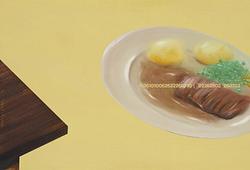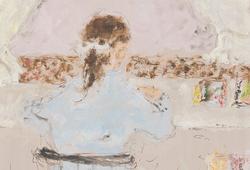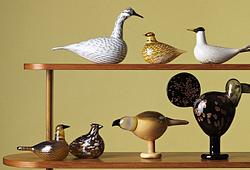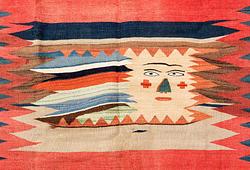A pair of Chinese cloisonné and chamleve caparisoned elephants, Qing dynasty, 18th/19th Century.
Each cast standing foursquare the heads with almond eyes swaying slightly to the sides, the trunks curled between long tusks, the striated blackbody caparisoned with a saddle rug decorated with lotus supporting a baluster vase with cover. Height 35.5 cm.
Damage to enamels. Repairs.
Provenance
Previously in the Collection of sea captain Lennart Treys, Borgå, Finland.
Literature
Models of elephants were very popular in Imperial China and made from various media to adorn halls and throne rooms throughout the Imperial palaces. They are associated with strength, wisdom and long-life and are also significant animals within the Buddhist religion. A prominent member of the Buddhist pantheon, Samantabhadra (Puxian), is frequently shown seated on an elephant. They are considered guardians of honour and were symbols of peace and good harvests. The elephant in China is also one of the seven Buddhist Sacred Treasures and symbolises peace. The combination of a vase ping 瓶), punning with 'peace' ping 平), and elephant xiang 象, homophone with the word for 'sign' or 'portent', forms a rebus for the phrase taiping youxiang (太平有象), meaning 'Where there is peace, there is a sign (or elephant)'.














































